Neat Tips About How To Treat Mitral Valve Prolapse
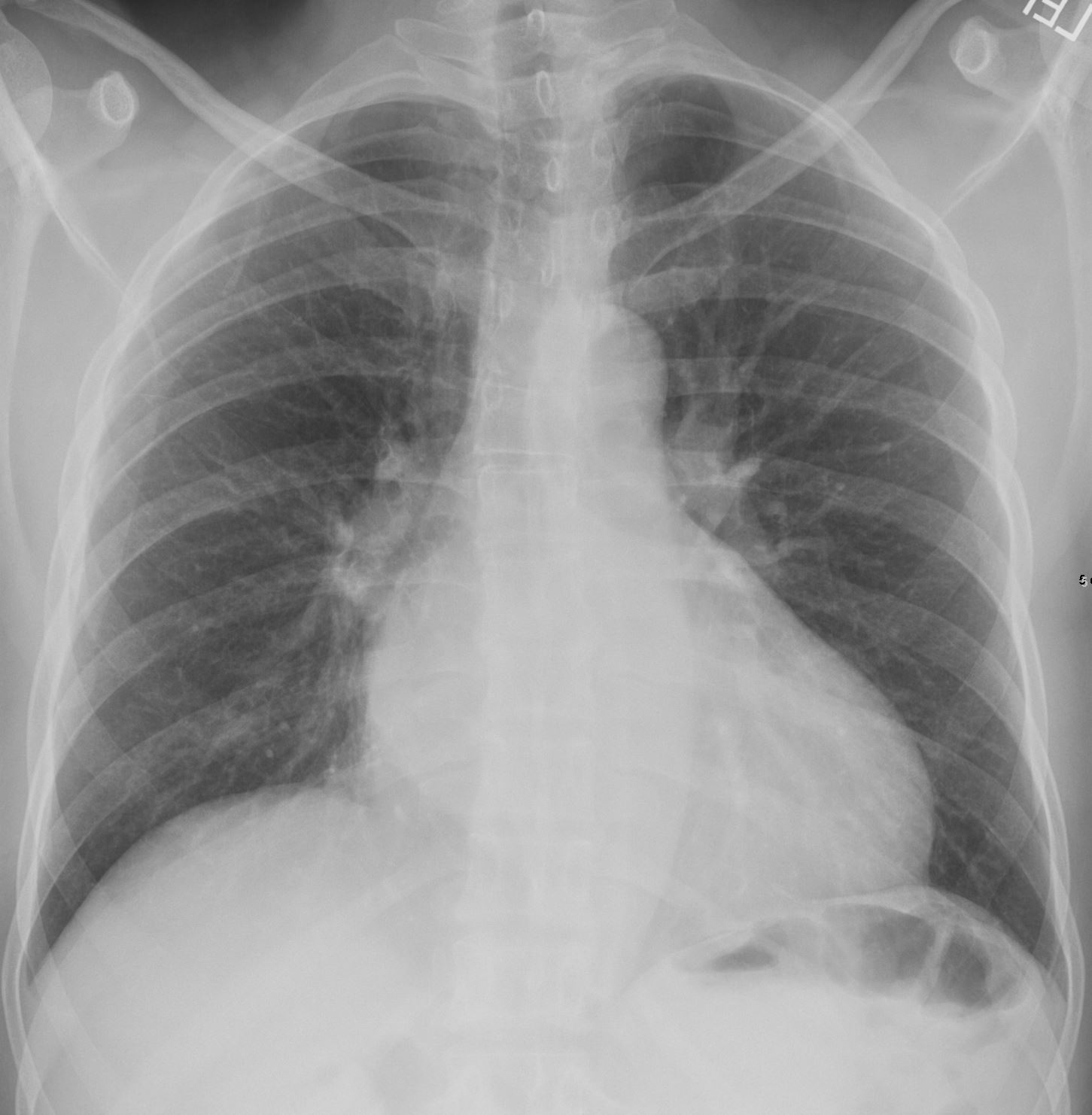
The flaps (leaflets) of the mitral valve don't close tightly, causing blood to leak backward.
How to treat mitral valve prolapse. The mitral valve is most prone to degenerative valve disease, a condition where the valve gradually declines. Usually the chest pain is not like classic angina, but can be recurrent and incapacitating. Explore modalities to improve care coordination among interprofessional team members in order to improve outcomes for patients affected by mitral valve prolapse.
What are the treatment options available? The need for valve repair or replacement increases with age, so that approximately 2% per year of patients with mitral valve prolapse with clinically significant regurgitation over age 60 years will eventually require surgery. Even those who do it a few times a year might not have a lot of experience, which can increase the risk of complications.
Most people with mitral valve prolapse don’t need treatment. See the difference between the valves below. When the flaps don't close properly, blood leaks backward.
Mitral valve regurgitation is common in people with mitral valve prolapse. Most people with mitral valve prolapse will not require any treatment, just regular monitoring. Milder cases may be treated with.
This prolapse can prevent the valve from sealing tightly, leading to blood flowing backward into the atrium, known as regurgitation. Although the overall outcome of mvp in the absence of significant valvular regurgitation is widely considered benign, a subset of patients with this condition. Rather than closing tightly, one or both flaps of the valve billow into the left.
Mitral valve prolapse, also called mvp, is a condition in which the two valve flaps of the mitral valve don't close smoothly or evenly, but bulge (prolapse) upward into the left atrium. Surgery or another procedure to repair or replace a mitral valve may be done if you have mitral valve disease such as: That means there’s a risk that mitral valve prolapse may progress to mitral valve regurgitation , a more serious condition that may require treatment if the leak is severe.
Most cases of mitral valve prolapse are not serious and only need to be monitored. In mitral valve prolapse, also called barlow's syndrome, the flaps of the heart's mitral valve don't close correctly, and the valve bulges into the atrium. Sometimes mitral valve prolapse causes blood to leak back into the atrium from the ventricle, which is called mitral valve regurgitation.
Mitral valve disease treatment depends on the symptoms, the severity of the condition, and whether the condition is worsening. Mitral valve regurgitation can be definitively diagnosed with a noninvasive imaging study called an echocardiogram and other diagnostic tests and procedures. Mitral valve repair treats:
Medically reviewed on june 20, 2023. Diagnosis & treatment doctors & departments care at mayo clinic diagnosis to diagnose mitral valve regurgitation, a health care professional does a physical exam and asks questions about your symptoms and medical history. Eat a variety of fruits and vegetables.
If you are overweight or have obesity, your health care provider might recommend that you. A device called a stethoscope is used to listen to the heart and lungs. According to selzman, not every cardiac surgeon knows how to perform a mitral valve repair or replacement surgery.

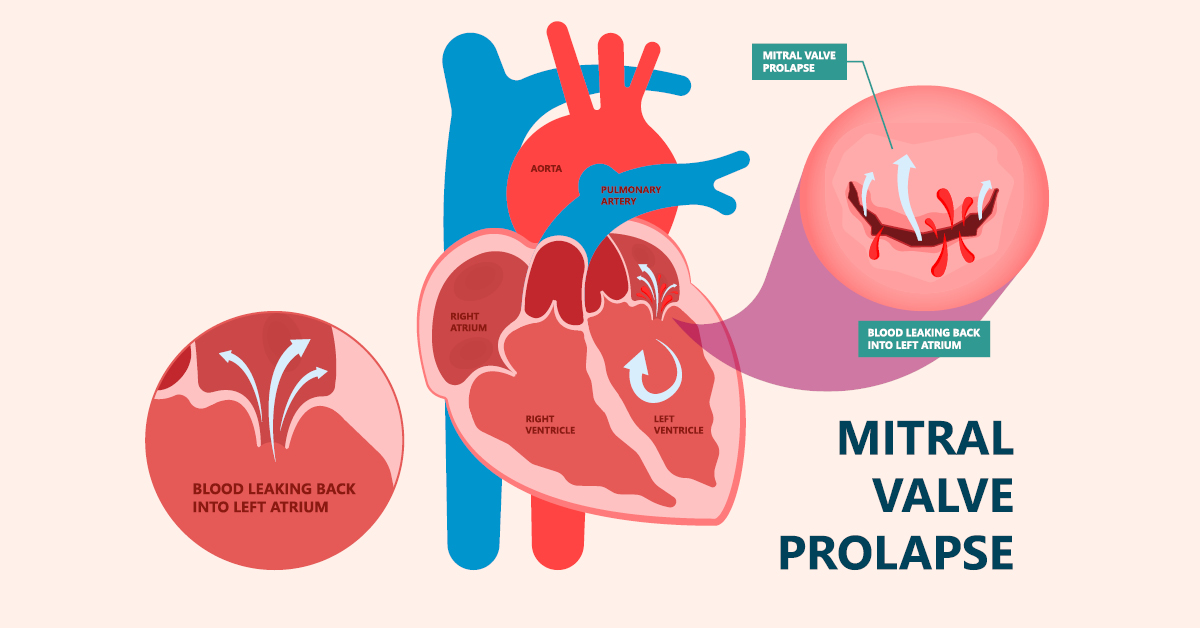

-Step-2-Version-2.jpg/aid7832444-v4-728px-Cope-With-Mitral-Valve-Prolapse-(MVP)-Step-2-Version-2.jpg)


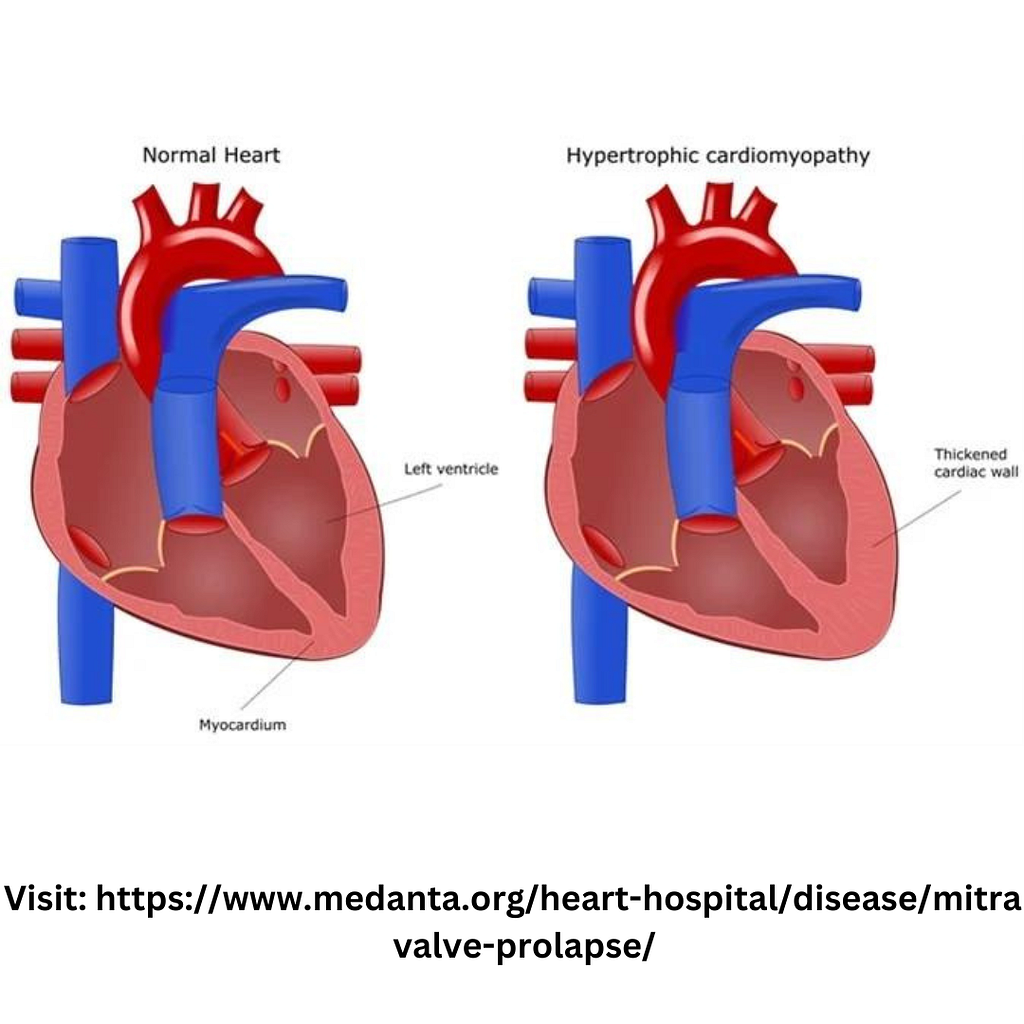





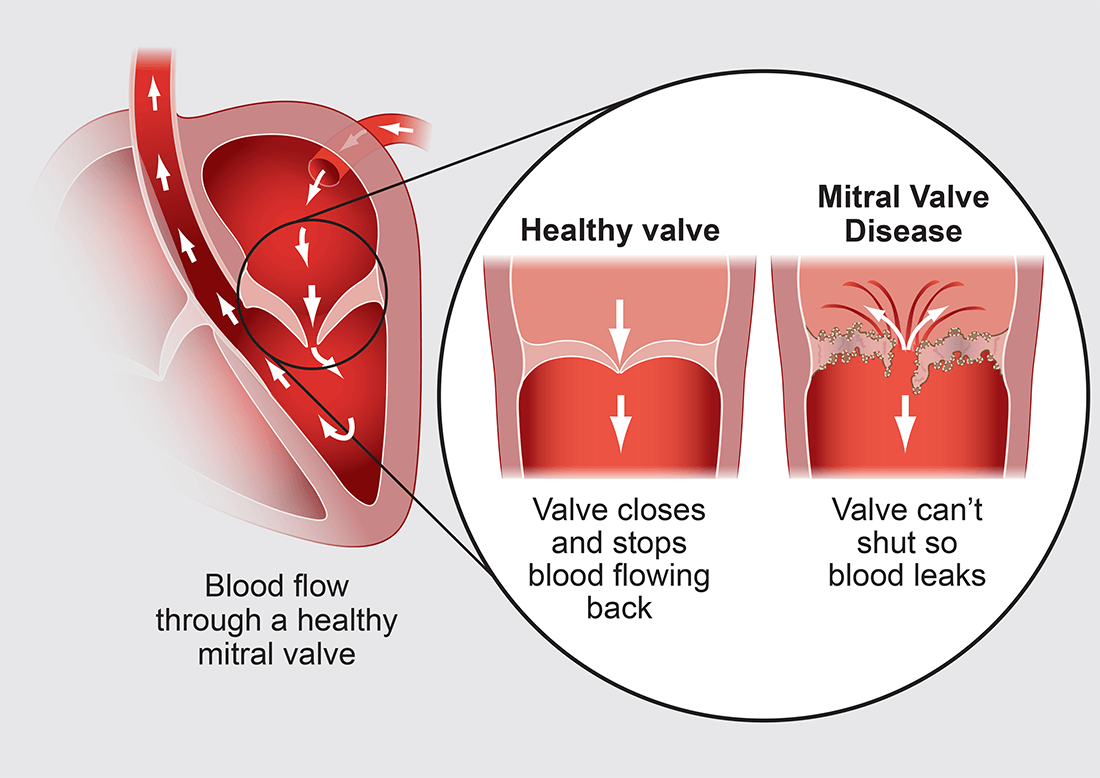
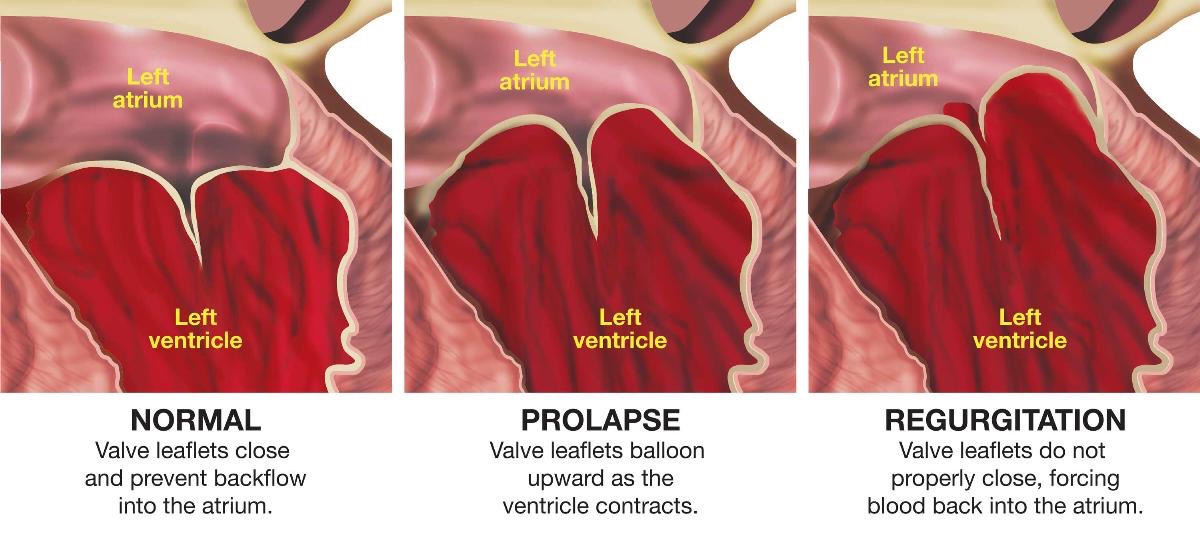
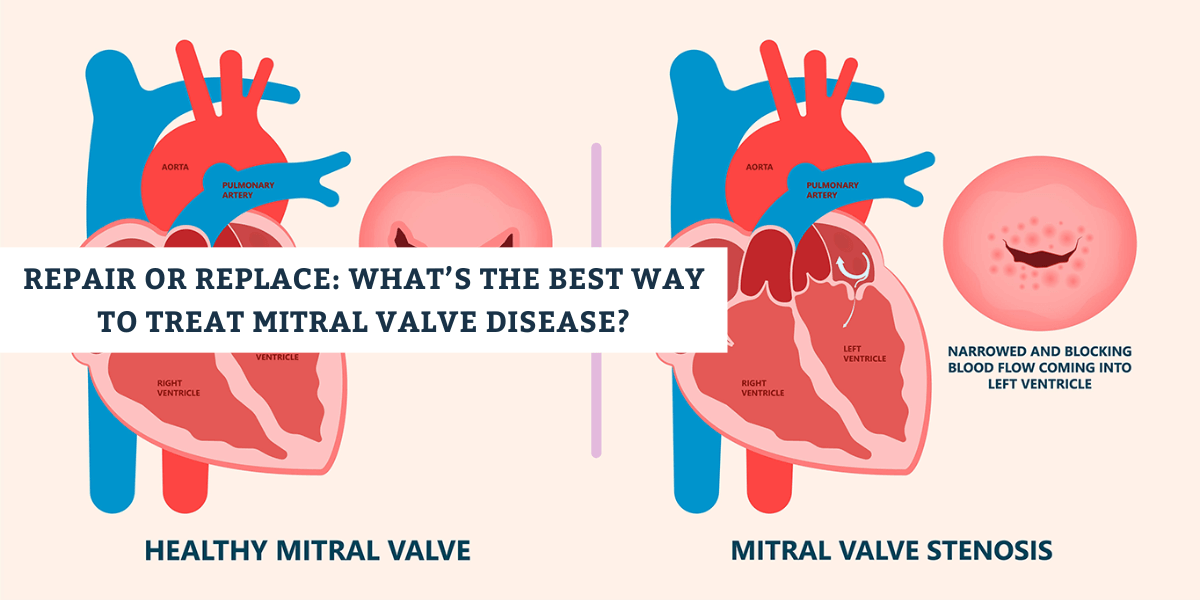
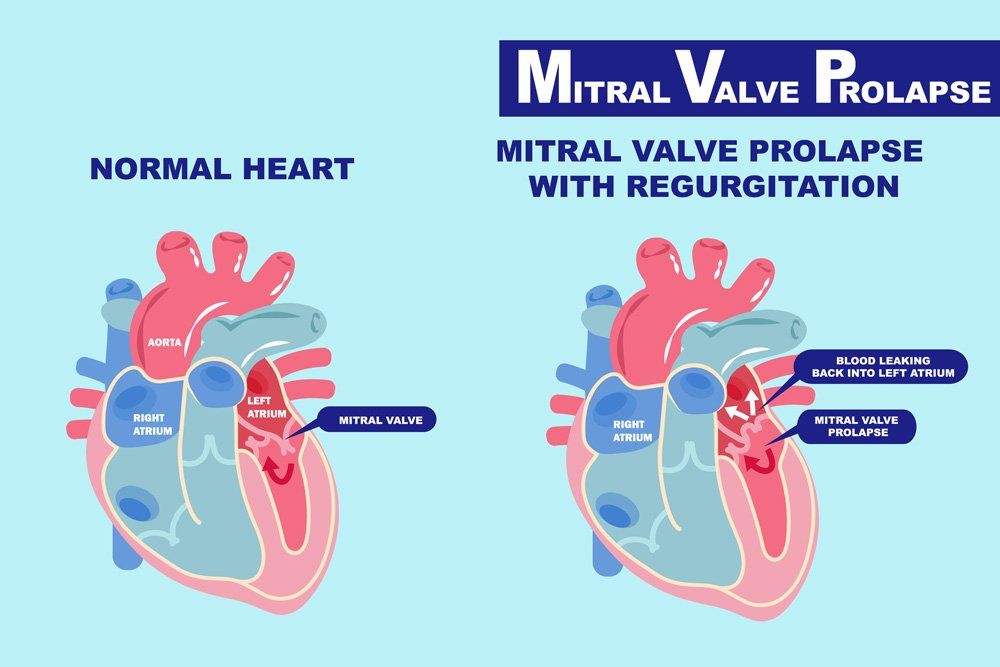


.jpg)